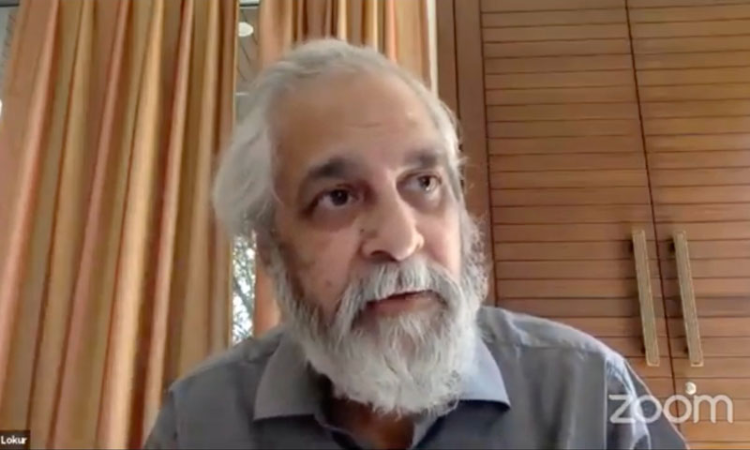Magistrates Need To Apply Their Mind; Don't Trust Prosecution Blindly To Remand Persons : Justice Lokur
Radhika Roy
1 July 2020 10:28 AM IST

Next Story
1 July 2020 10:28 AM IST
"Magistrates need to apply their minds and not blindly trust the prosecution", said Justice Madan B. Lokur, former Judge of the Supreme Court of India, at an e-seminar organized by the LiveLaw on the topic "Shooting the Messenger: The 'Chilling Effect' of Criminalising Journalism". "Judiciary has to be on guard to see police is not exceeding its authority. Examine the FIR, examine the...
